UK Space Agency gives £1.2 million boost to region’s space sector
The south-central region’s thriving space industry has been awarded £1.2 million by the UK Space Agency in a drive to boost further innovation and growth.
Part of a £6.5 million package of investment in 18 locally-led projects across the nation, the funding includes £300,000 for the newly-formed Space South Central, the UK’s largest ‘space cluster’.
The money will support Space South Central’s aims to promote collaboration and investment and champion space-related business, research and development across Hampshire, Surrey and the Isle of Wight.
The region accounts for an estimated £3 billion of national space industry turnover, with more than 5,600 people working in the space sector ¹ at companies including BAE Systems, Airbus Defence and Space, In-Space Missions and SSTL. The area boasts a world-class reputation for satellite manufacture and data services, launch technologies, next-generation communications, robotics and autonomous systems.
Space South Central brings together the South Coast Centre of Excellence in Satellite Applications (SCCoE), the Enterprise M3 LEP’s Space Hub, more than 125 of the region’s space-related businesses, and the universities of Portsmouth, Southampton and Surrey.
The three universities will play a central role in the new space cluster, joining forces to maximise the impact of their respective areas of expertise to boost industry collaboration, create new opportunities for international partnerships and play a key role in tackling skills gaps. The main departments involved are the University of Portsmouth’s Institute of Cosmology and Gravitation, the University of Southampton’s Space at Southampton, and Surrey Space Centre at the University of Surrey.
The University of Surrey will also benefit directly from the UK Space Agency’s investment in the region, with an award of £406,000 to develop its proposed SpaceCraft project, supported by Space South Central. SpaceCraft will offer training and open up engineering facilities and technical expertise to local companies, enabling high-quality space prototyping and manufacturing.
The Science and Technology Council’s RAL Chilbolton Advanced Satellite Tracking Radar in Hampshire will get £485,000 towards upgrades. One of three national sensors, it can detect space objects about the size of a toaster at an altitude of 1,000 km and provides crucial data for satellite tracking operations. The funding will provide upgrades to improve reliability and robustness of the sensor and maintain a key sovereign asset.
Professor Adrian Hopgood, Director of the SCCoE and Professor of Intelligent Systems at the University of Portsmouth, said:
“The fact that £1.2 million of the total £6.5 million of UK Space Agency funding was awarded to the south-central region is a testament to the extensive space expertise and world-leading businesses based here. This investment will help Space South Central build on the legacy of the SCCoE to grow the region’s space sector, harnessing its diverse expertise, developing stronger partnerships and growing its national and international reputation.”
Science Minister, George Freeman, said:
“This funding will help link local clusters to valuable networks of innovators and investors, showcasing the strengths of the UK space sector to international investors and levelling up the economy.”
Dr Paul Bate, Chief Executive of the UK Space Agency, said:
“Establishing a network of space clusters and high-impact projects will accelerate the development of the thriving space ecosystem the UK needs to realise the full economic potential of space across the UK.
We’ve been working with the regions to understand their strengths and the needs of their local space economies so that we can back these clusters of excellence to collaborate, grow and thrive.”
Stuart Martin, Chief Executive Officer at the UK Space Agency’s delivery partner, the Satellite Applications Catapult, said:
“We have a long-standing commitment to driving the growth of the UK space sector at a regional level and are delighted to continue our support for the delivery of this investment, with our focus on building a coherent space community.
This additional funding will help cement relationships across the UK’s space community while forging new collaborations with those not yet utilising and benefiting from space data and technology. We look forward to ensuring that the sector as a whole takes advantage of the opportunities presented through these locally led initiatives and supporting a connected and thriving ecosystem.”
¹ Data attained for reported space-based income/turnover, published in company accounts found on the UK HMG Companies House portal in the UK Space Capabilities Catalogue.

